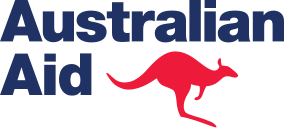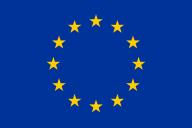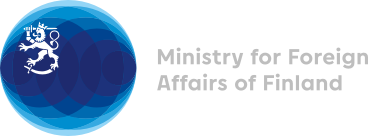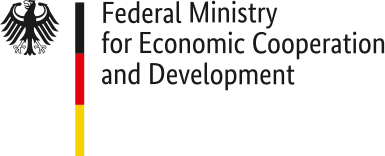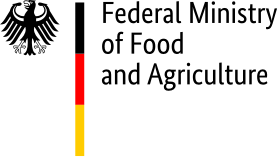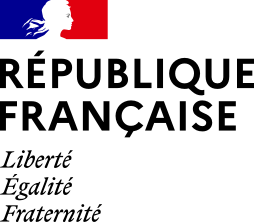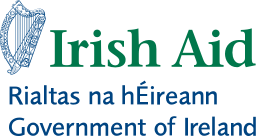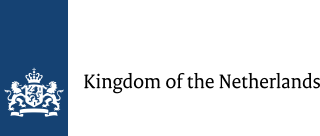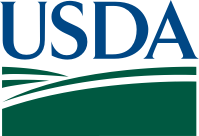About us
The STDF grew out of a joint communiqué issued by the Heads of FAO, OIE, World Bank Group, WHO and WTO at the Doha Ministerial Conference in November 2001.
Global coordination and knowledge hub: The STDF’s global network brings together leading trade, health and agriculture experts worldwide to address persistent and emerging SPS challenges, and drive forward joined-up solutions. It acts as a knowledge hub, sharing available know-how, tools and good practice to build on what exists. At the same time, the STDF creates synergies with related initiatives, and promotes innovative and cross-cutting approaches to SPS capacity building.
Developing and delivering SPS projects: To kick-start new ways of building knowledge and capacity on SPS requirements, the STDF provides funding to both develop and deliver innovative, cross-cutting projects. STDF projects help public and private sector stakeholders in developing countries improve food safety, animal and plant health to facilitate safe trade. Projects often work as catalysts, bringing on board diverse partners and funding to support longer-term impact.
For small-scale farmers, producers, traders and governments in developing and least developed
countries, being able to meet international food safety, animal and plant health standards and
other trade requirements clears the path to global and regional markets in food and agriculture
products.
This creates opportunities to add value across supply chains and promote growth that is more
inclusive, in turn generating employment, increasing incomes and securing people’s livelihoods.
With a strong emphasis on innovation and scaling, STDF’s partnership drives catalytic SPS
improvements in developing countries. Through the global platform, knowledge work and funding
to develop, implement and learn from innovative pilot projects, STDF drives sustained
improvements in SPS capacity that facilitate safe trade and support the Sustainable Development
Goals.
countries
level
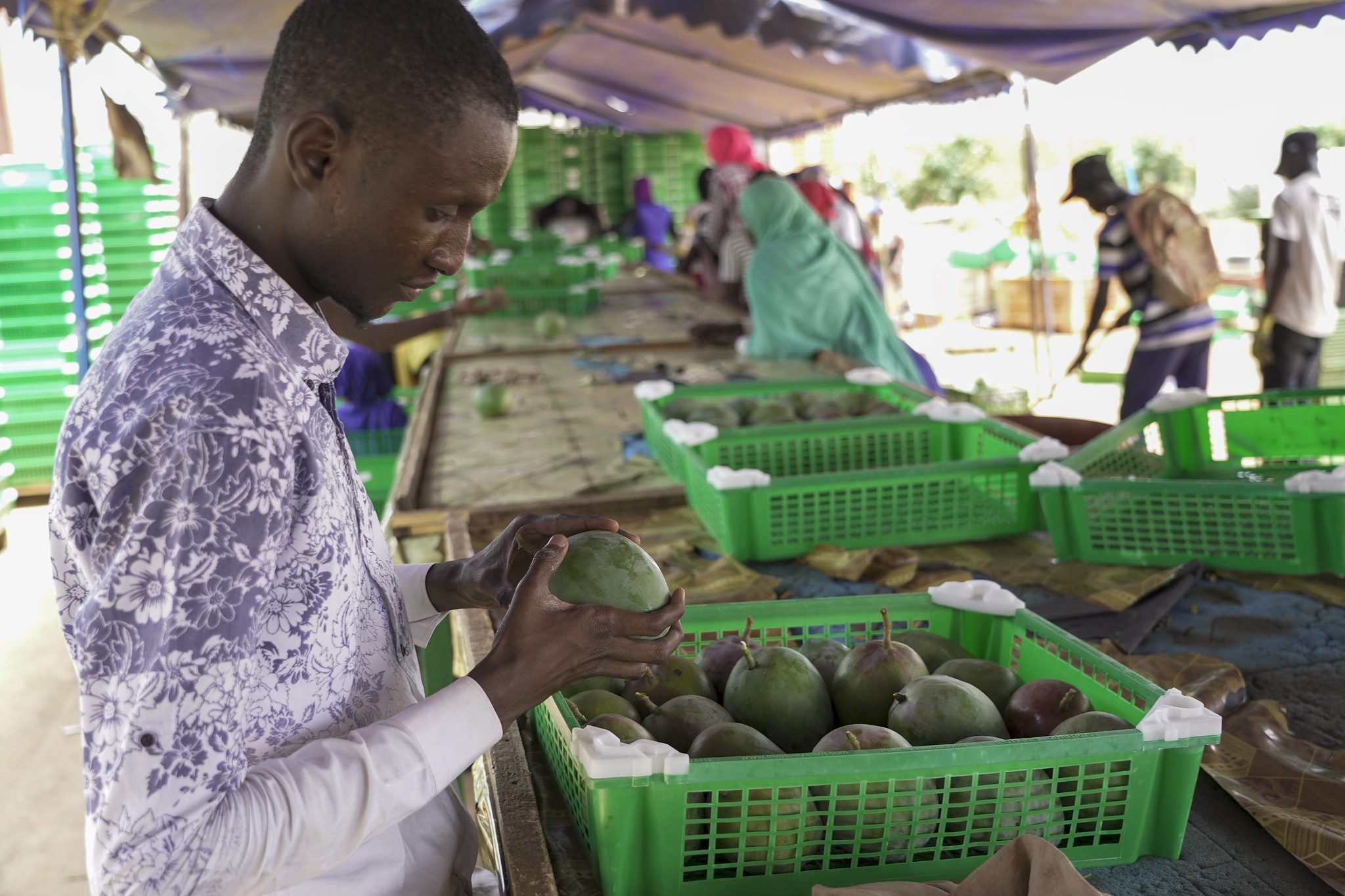
Six developing country experts from different regions worldwide are part of the STDF and they
rotate every three years. Developing country experts take part in STDF Working Group meetings,
share experiences on SPS technical cooperation, provide guidance to review funding applications,
and promote the STDF in relevant regional and international events.
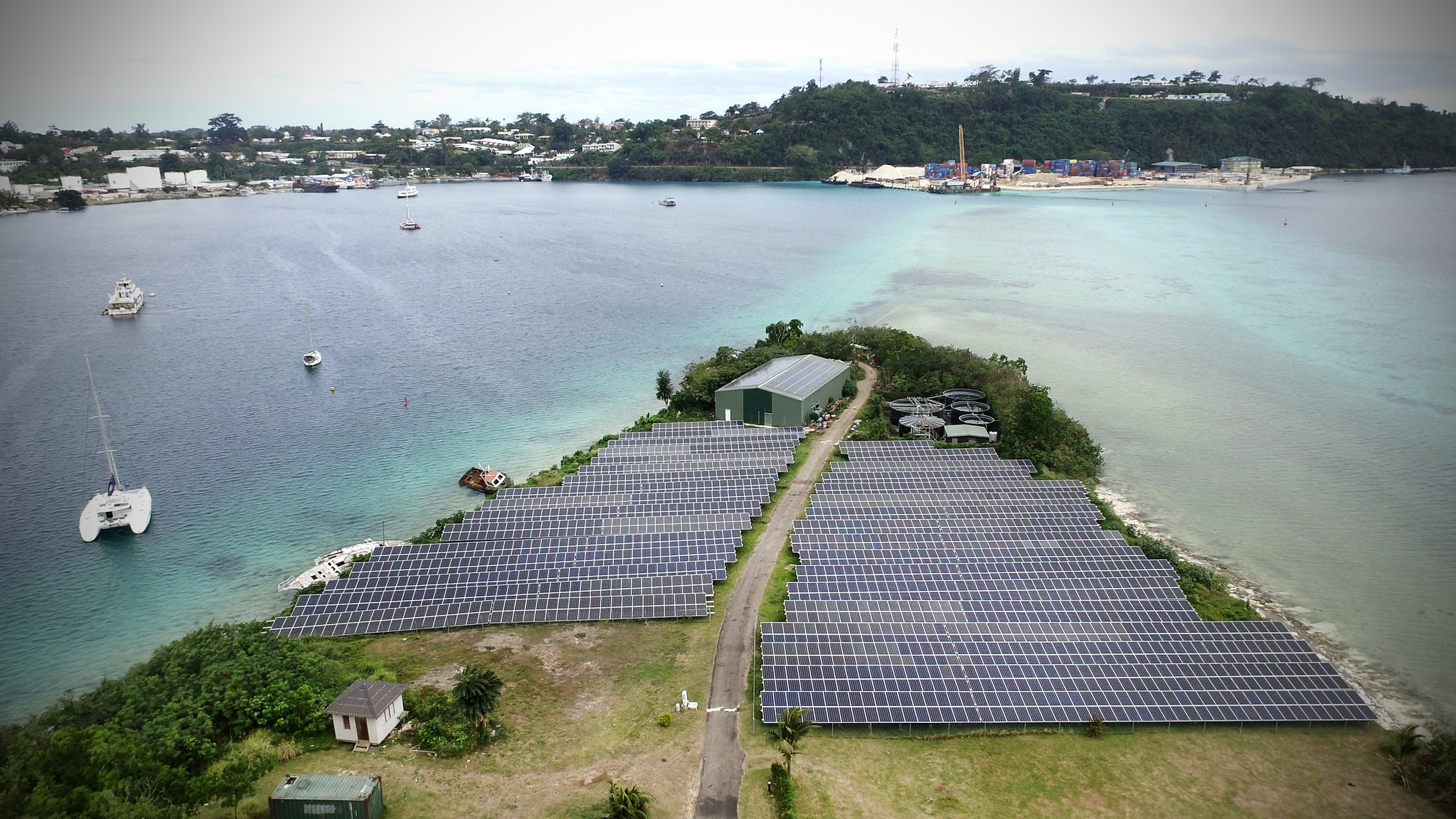
The Policy Committee consists of high-level representatives of STDF’s partners and donors, as well as selected experts of developing countries. The Policy Committee decides on policy and strategy and is responsible for oversight of the STDF Working Group. The Policy Committee:
- Sets policy guidelines and provides policy oversight on the overall direction of the Facility
- Provides guidance on programmes and the Facility's work agenda
- Oversees efforts in the coordination of SPS related technical cooperation and the dissemination of good practice
- Seeks to develop a broader financial basis for the Facility through outreach to donors

The Policy Committee consists of high-level representatives of STDF’s partners and donors, as well as selected experts of developing countries. The Policy Committee decides on policy and strategy and is responsible for oversight of the STDF Working Group. The Policy Committee:
- Sets policy guidelines and provides policy oversight on the overall direction of the Facility
- Provides guidance on programmes and the Facility's work agenda
- Oversees efforts in the coordination of SPS related technical cooperation and the dissemination of good practice
- Seeks to develop a broader financial basis for the Facility through outreach to donors
The Working Group consists of technical-level representatives of STDF’s partners and donors, as well as the experts of developing countries. It also includes participation by the Secretariats of the Codex Alimentarius Commission (Codex) and the International Plant Protection Convention (IPPC). It reviews and approves the STDF’s work programmes and funding requests, and oversees operation of the STDF Secretariat. Responsibilities of the Working Group include:
- Preparation of work programmes
- Exchange of experiences in relation to the provision and implementation of SPS-related technical cooperation
- Guiding the development of resources for coordination and dissemination of good practice
- Support for fund raising activities
The Working Group has final responsibility for allocating grants and it normally meets at least twice a year.
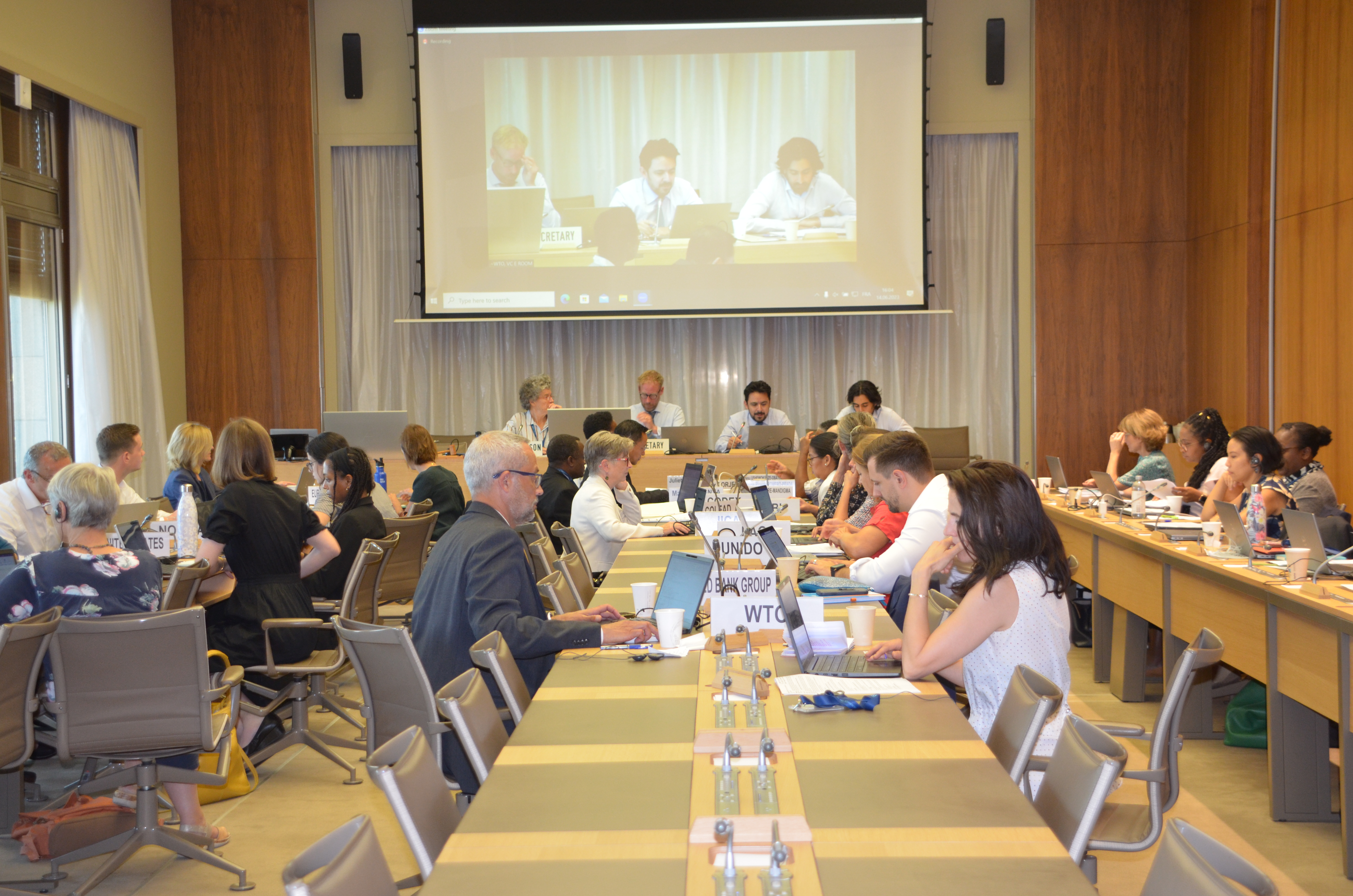

The Working Group consists of technical-level representatives of STDF’s partners and donors, as well as the experts of developing countries. It also includes participation by the Secretariats of the Codex Alimentarius Commission (Codex) and the International Plant Protection Convention (IPPC). It reviews and approves the STDF’s work programmes and funding requests, and oversees operation of the STDF Secretariat. Responsibilities of the Working Group include:
- Preparation of work programmes
- Exchange of experiences in relation to the provision and implementation of SPS-related technical cooperation
- Guiding the development of resources for coordination and dissemination of good practice
- Support for fund raising activities
The Working Group has final responsibility for allocating grants and it normally meets at least twice a year.
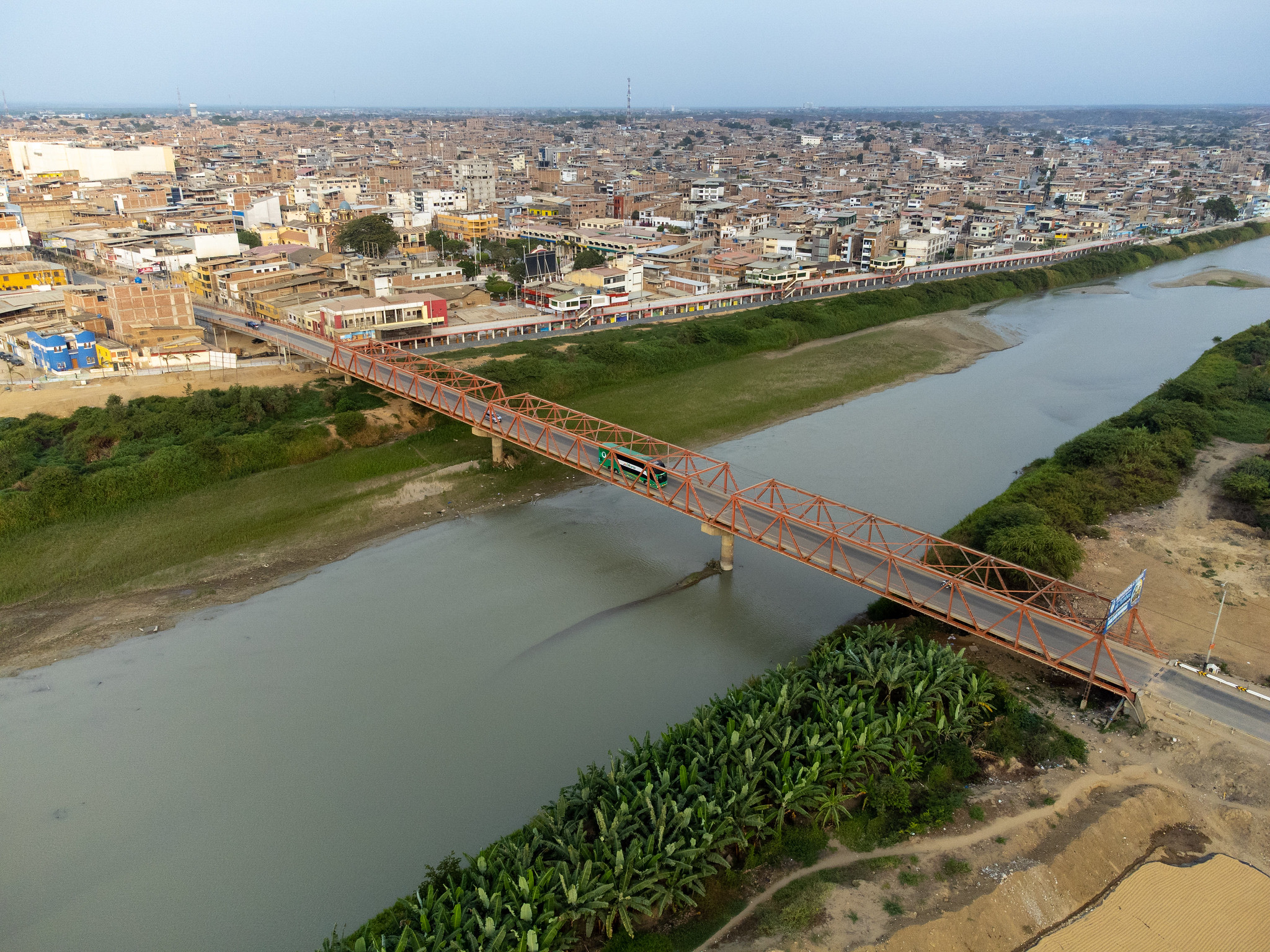
The Secretariat (housed in the WTO) implements the STDF’s work programme. This includes:
- Guiding applicants on new STDF funding applications
- Monitoring and supporting the delivery of STDF projects and PPGs, including mainstreaming cross-cutting topics
- Delivery of STDF knowledge work including Practitioner Groups
- Monitoring, evaluation and learning across STDF workstreams
- Communications and outreach
- Support to the global platform including the Working Group and Policy Committee

The Secretariat (housed in the WTO) implements the STDF’s work programme. This includes:
- Guiding applicants on new STDF funding applications
- Monitoring and supporting the delivery of STDF projects and PPGs, including mainstreaming cross-cutting topics
- Delivery of STDF knowledge work including Practitioner Groups
- Monitoring, evaluation and learning across STDF workstreams
- Communications and outreach
- Support to the global platform including the Working Group and Policy Committee
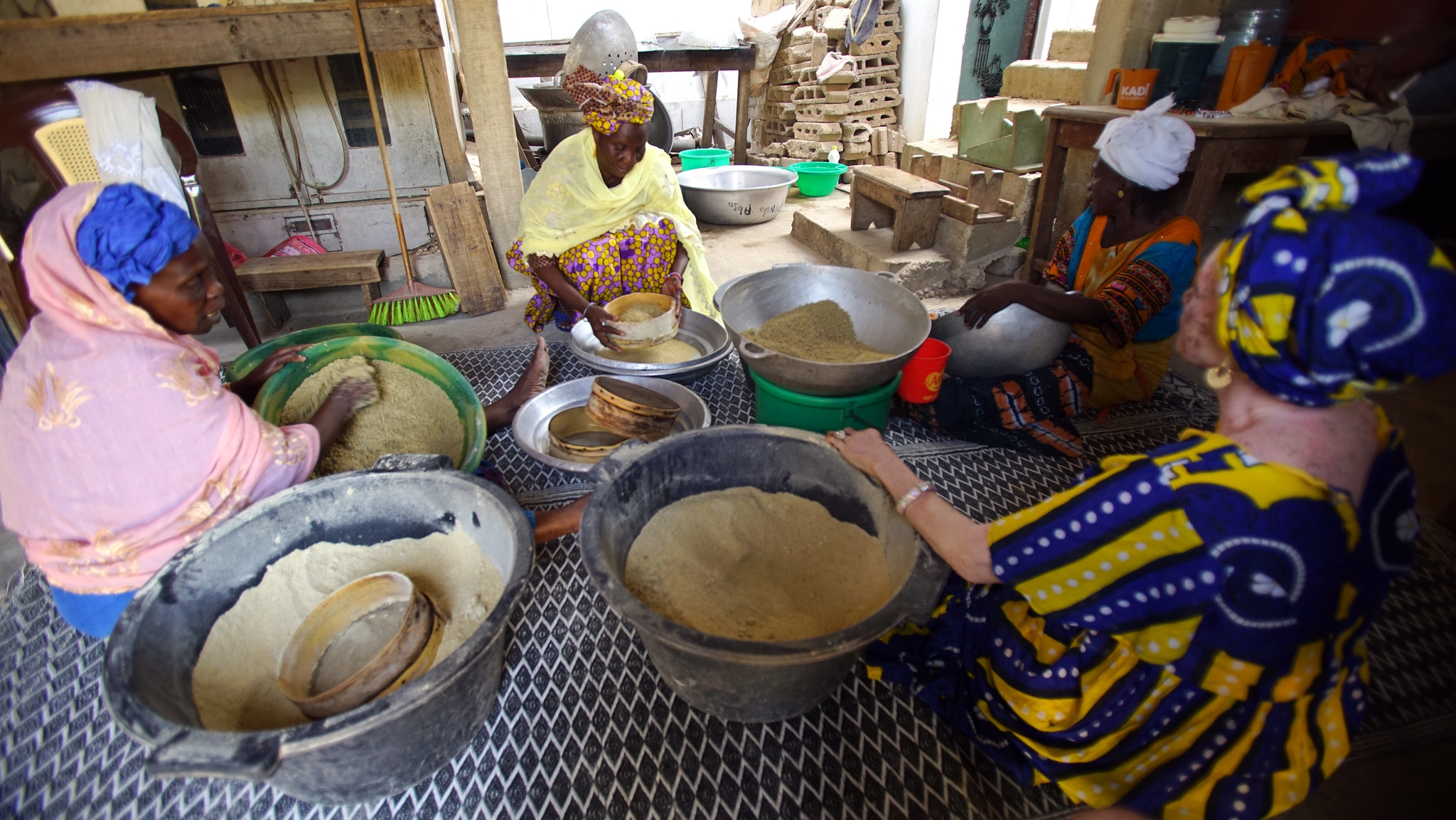
In addition to the founding partners and donors, many other partners engage in, and contribute to, the STDF's global partnership. These partners include:
- Other United Nations agencies, such as ITC and UNIDO
- Inter-governmental organizations, such as the AUC and CABI
- Regional organizations (like APAARI and IICA) and regional economic communities (such as COMESA)
- Representative private sector and industry organizations, such as COLEAD, ISF and SSAFE
